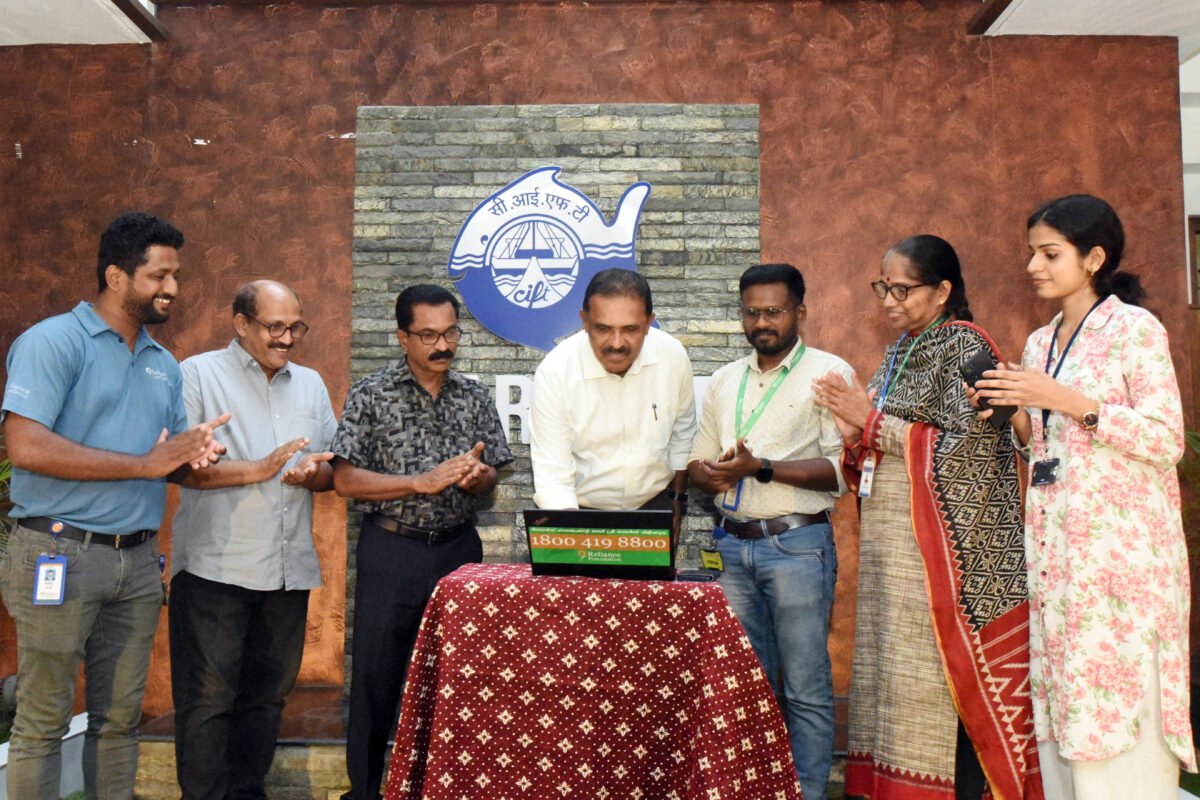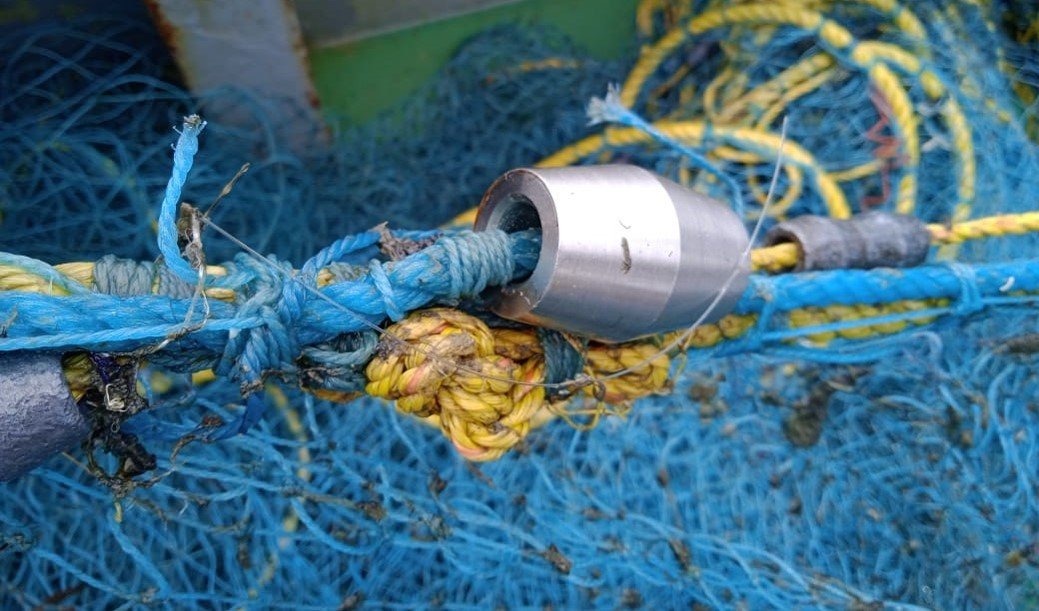CIFT and Reliance Foundation launch Voice Message Service for Kerala fishers
The service is designed to provide essential information on sea and boat safety, hygienic fish handling practices, and value-added fish products directly to the mobile phones of fishermen.
ICAR-Central Institute of Fisheries Technology Kochi, in partnership with the Reliance Foundation, launched a voice message service to support the fishing community. The service is designed to provide essential information on sea and boat safety, hygienic fish handling practices, and value-added fish products directly to the mobile phones of fishermen. Leveraging the expertise of ICAR-CIFT scientists, these voice messages will be offered free of charge through the Reliance Foundation. Dr George Ninan, Director, ICAR-CIFT, inaugurated the programme.
Nafas K. Nasar, Cluster Manager, Reliance Foundation, highlighted that the service will reach approximately 60,000 fishermen across six coastal districts of Kerala. The program coordinated by the Extension, Information, and Statistics Division of ICAR-CIFT aims to ensure timely and reliable updates for the fishing community. This initiative marks a significant step toward empowering fishermen with essential knowledge to enhance safety and improve their livelihoods.
The service is designed to provide essential




